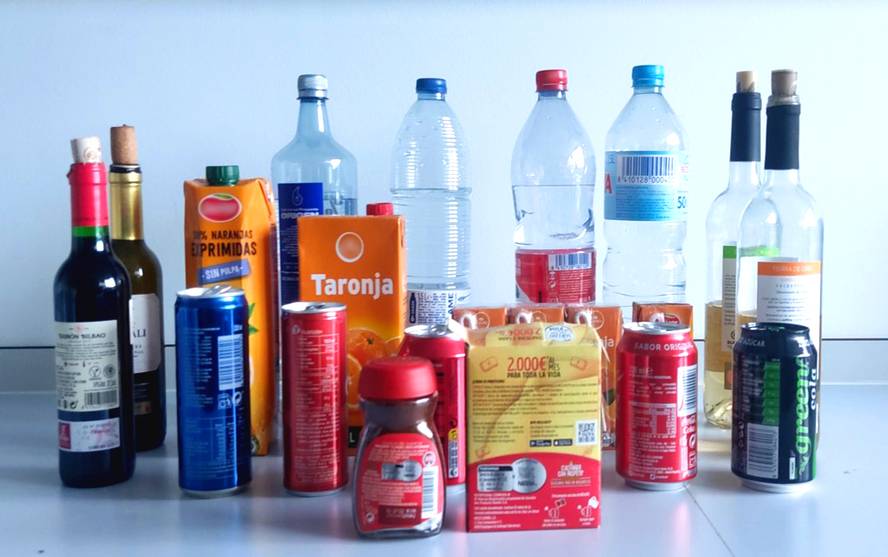They warn of the danger of bisphenol-A and other plasticizers in food and drink
The EFSA Food Safety Agency in the European Union has analysed the latest studies on the impact of bisphenol (over 800 investigations in 2013) and concluded that there is a risk of a health condition.
Bisphenol-A is used, together with other substances, in plastics and resins, including food and beverage containers. Researchers warn that it can go from materials to food or drink, even in small amounts.
Studies have shown that Bisphenol-A raises the level of T-helper lymphocyte in the area, which can cause allergic inflammation in the lungs and autoimmune disorders. They also saw that it can influence development, reproduction and metabolism.
Thus, EFSA has decided to reduce the acceptable daily intake: from 4 micrograms to 0.2 nanograms per kilogram body weight. I mean, 20,000 times less than before.
They indicate that studies have exceeded this limit by people of all age groups who consume bisphenol-A.
In sugary drinks
On the other hand, the General Scientific Research Council (CSIC) has announced that sugary drinks contain 100 times more plasticizing substances than water. The study has been published in the journal Environment International, which states that plasticizers are common in beverages, especially sugars. These compounds include 2-ethylhexyldiphenyl phosphate.
Organophosphates are added to plastics to give them durability and flexibility. However, in living organisms can cause neurological, hormonal, fertility, and cancer problems. The CISC has proven that more than 95% of the beverages analyzed had some type of organophosphate. The most abundant were cola drinks, then cola flavored sweets and, to a lesser extent, water. They say that the origin of plasticizers is not only from packaging, but also from sugar.
It is advised that although the dose of plasticizer taken with beverages is below the risk limit, it is also taken from other sources, so it is advisable to take it into account.






